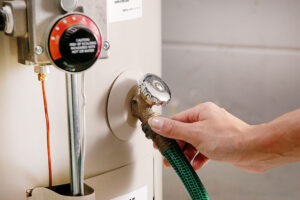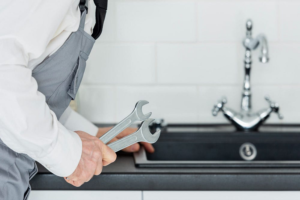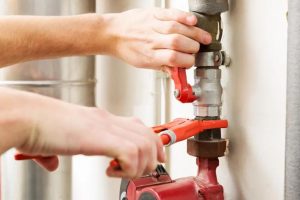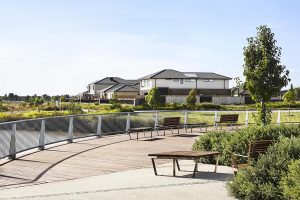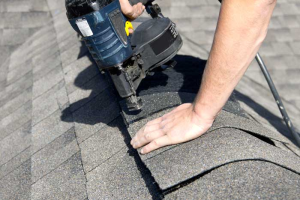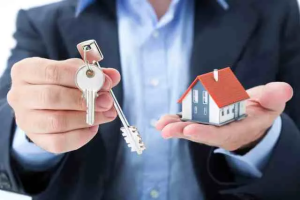What To Expect During A Plumbing Inspection From A Certified Plumber?
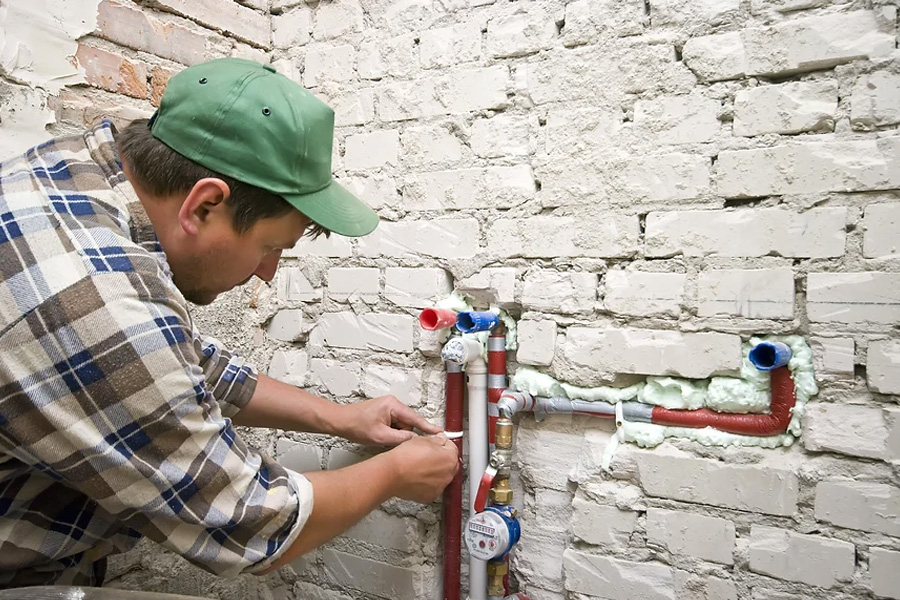
Image Source: wixstatic.com
For your home’s plumbing system to last a long time and avoid expensive repairs, maintenance is necessary. A thorough plumbing inspection by a licensed plumber is essential for detecting underlying issues that might not be apparent to the untrained eye, even while simple problems like leaky faucets or clogged drains may appear solvable. In this post, we will discuss what to anticipate from a plumbing examination, along with the reasons that using a licensed Plumber 77067 is a smart move for your house.
1. Initial Consultation And Walkthrough
Any plumbing examination should begin with an introductory consultation, where any worries regarding leaks, slow drains or low water pressure will be discussed by your plumber. Also during this meeting it would be prudent to report recent adjustments made in water usage levels or any unusual noises or smells which might point towards unsolved problems.
Your plumber will walk through your property to identify any major areas of concern following this session, often by inspecting readily apparent plumbing fixtures such as sinks, faucets, showerheads, toilets and toilet seats. They’ll also check other external systems like irrigation or garden hoses in order to make sure everything’s operating optimally.
2. Water Pressure Testing
Uneven water pressure is one of the primary concerns with plumbing systems, and your plumber will conduct an examination using specialist gear to gauge your home’s pressure levels. Too high or too low of excess can damage fixtures and pipes, while low pressure may be due to leaky pipes, clogged drains or malfunctioning pressure regulators – any imbalance will be identified by them, and solutions will be offered by them as a way out.
3. Leak Detection
As part of any plumbing examination, leak detection should always be included, as leaks can quickly lead to costly water damage if left unrepaired. A licensed plumber employs sophisticated methods and tools for finding hidden leaks within your plumbing system; such methods could involve looking in basement pipes, behind walls or under sinks for visible signs of a leak; to detect ones not easily seen through, moisture sensors or thermal imaging may sometimes help locate them.
Leaks of any size can result in higher water bills, mold growth and structural damage to homes or structures. Should one be detected, an experienced plumber can offer suggestions for fixing it immediately and help explain its possible long-term ramifications if left to be ignored.
4. Pipe Inspection And Condition Check
An important component of plumbing inspection is assessing the condition of your pipes. Mineral deposits, corrosion or weak spots in pipes could all contribute to leaks or bursts over time; your plumber should inspect for corrosion, rust or any other potential problems with your piping systems.
Plumbers use camera inspection instruments to visually examine the interiors of pipes. Installed into their plumbing system, this tiny yet water resistant camera gives users real-time images from within their pipes – perfect for pinpointing cracks, obstructions and any potential problems which would not otherwise be apparent from a visual examination alone.
5. Water Heater Evaluation
Your water heater is an integral component of the plumbing system in your home, providing hot water for cooking, cleaning and bathing needs. An annual professional inspection should include inspecting it to detect wear-and-tear indicators like rust or sediment build-up as well as ensure its temperature pressure relief valve (TPR valve) functions optimally to avoid dangerous pressure build-up situations.
Plumbers will also perform an anode rod inspection. An insufficient anode rod leaves rust forming inside your water heater tank and could result in costly repairs; thus ensuring its continued protection is crucial to keeping the unit functioning optimally.
6. Drain And Sewer Line Inspection
Keeping your home safe and sanitary requires that your sewage and drain systems are operating properly. The plumber will inspect your drains for obstructions or sluggish drainage, which may point to an accumulation of grease or debris in the pipelines. The plumber could advise drain cleaning if necessary to get the best possible flow back.
A camera may be employed to detect obstructions or tree root incursions during more thorough sewer line examinations. The early discovery of sewer line problems is crucial to preventing costly excavation and replacement expenditures, as these issues can be expensive to fix.
7. Recommendations And Next Steps
After their inspection is complete, your plumber will present you with an exhaustive report that details their findings and offers recommendations for maintenance or repairs as well as listing any pressing issues they discover during their examination. Should any pressing concerns emerge during this phase; their specialist will attend immediately and recommend appropriate action plans.
Larger issues often necessitate a follow-up visit; simple fixes often can be addressed immediately. Furthermore, in order to maintain the effectiveness of your plumbing system and avoid future problems, your plumber will offer preventive maintenance advice.
Conclusion
Maintaining the safety and function of your home requires regular plumbing inspections from licensed plumbers, from uncovering covert breaches to evaluating pipe health statuses – regular inspections ensure your system will stay in tiptop shape over the years ahead.

